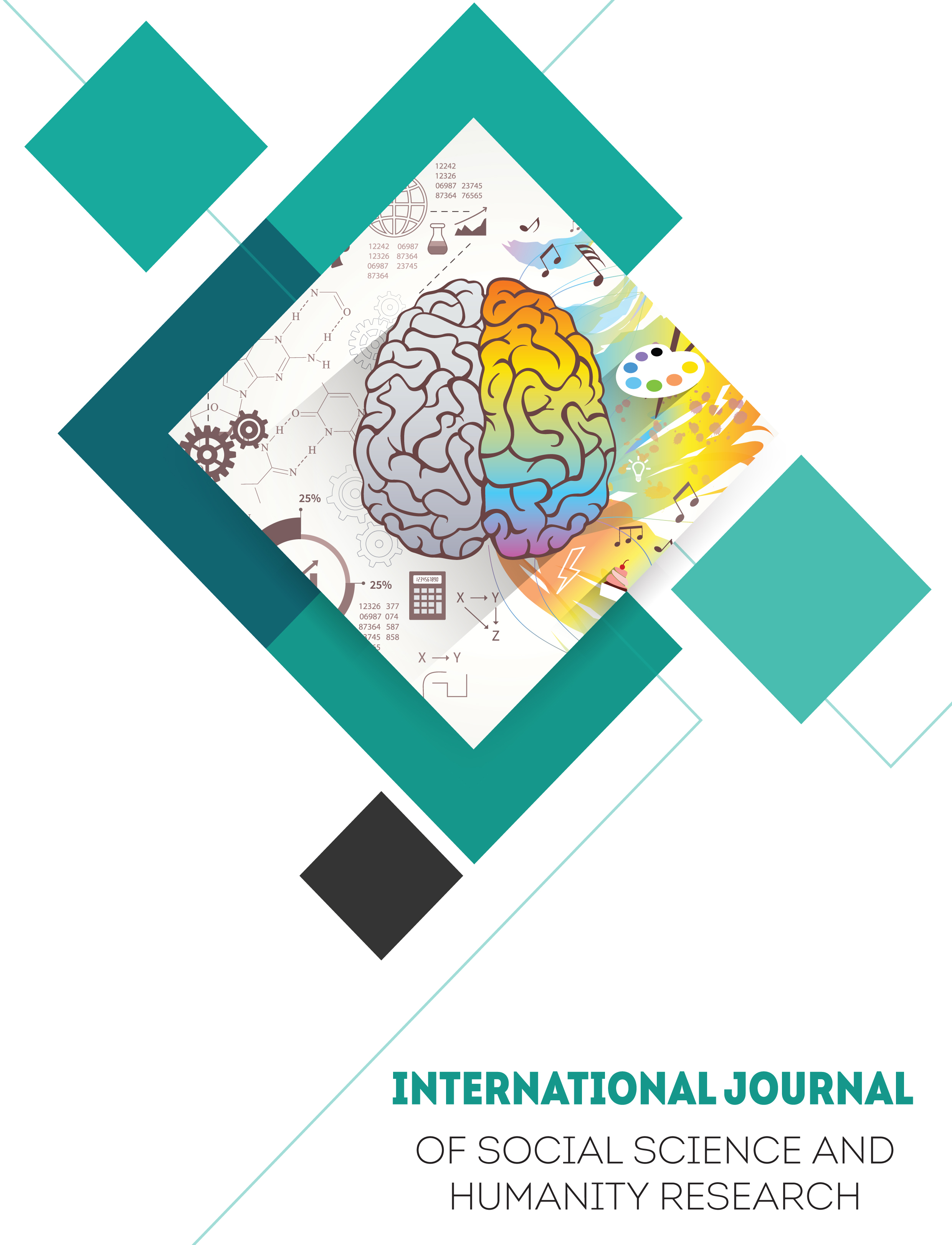The effect of counseling on co-occurring depression and anxiety in Hong Kong patients with critical diseases The effect of counseling on co-occurring depression and anxiety in Hong Kong patients with critical diseases
Main Article Content
Abstract
For the most part, this type of "female breast cancer incidence globally." Anxiety is a major issue for breast cancer patients, and it has a negative impact on both their mental and physical health. According to a recent study (McGregor & Antoni, 2009), anxiety and depression levels among breast cancer patients change as the disease progresses. Anxiety is characterized by physical symptoms such as fatigue, insomnia, rapid heart rate, high blood pressure, stomach problems, restlessness, and a sense of helplessness (Sharpley et al., 2009). Multiple studies have found that people suffering from chronic anxiety have a weakened immune system and other physiological regulatory processes (Segerstrom & Miller, 2004). The growing proportion of women who experience anxiety makes it all the more important to study effective treatments. A cancer diagnosis was made.
The reason is that Chinese calligraphy "has the potential to be used as an intervention for anxiety reduction, and has been used for millennia as a spiritual activity to increase self-awareness and confidence." Almost all Western-style psychotherapy methods revolve around therapeutic conversations between the therapist and the patient. Regardless of the theoretical framework, psychotherapy is primarily a client-centered and therapist-led form of care that focuses on developing a trusting, respectful relationship between the two parties involved. The procedure typically begins with a discussion between the doctor and the patient. The therapist creates a safe and encouraging environment for the client to freely express their concerns (American Psychological Association, 2017). In individualistic societies, people are encouraged to verbalize their feelings in times of Expressive therapies are widely used and have been shown to be effective in treating distress.
However, in some Asian societies, "It is considered rude and even childish to express negative feelings aloud or on one's face, particularly wrath or sadness. There will be evidence that Japanese culture's calming effects stem from the country's collectivist social norms, which encourage members to suppress their emotions in public (Ehring, Caffier, Schnulle, Fischer, & Gross, 2010). Increasing emphasis on verbal expression may not be as beneficial for people from these cultures because it may contradict their values. It is critical to consider the patient's cultural background and willingness to try alternative therapies when developing a psychotherapy treatment plan. Despite the fact that psychotherapy will remain vocally mediated Nonverbal strategies could be useful in inducing positive changes in populations that are resistant to verbal expressive treatment (Malchiodi, 2006). The primary focus of this study is on people of Chinese ancestry who have been diagnosed with breast cancer.
Article Details

This work is licensed under a Creative Commons Attribution 4.0 International License.

